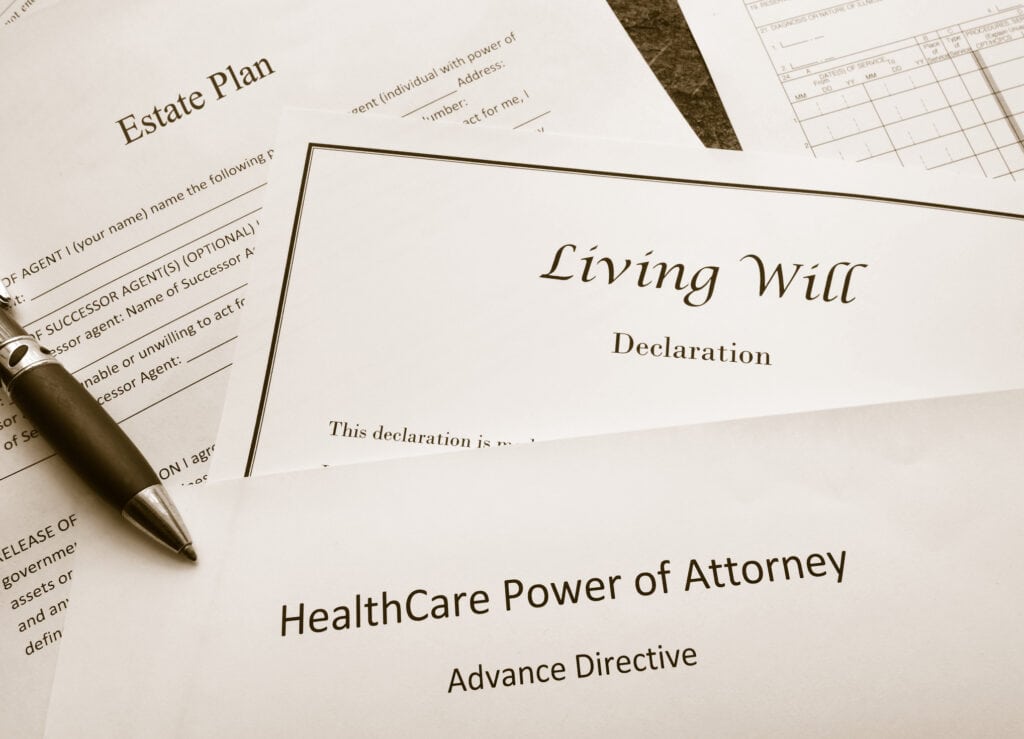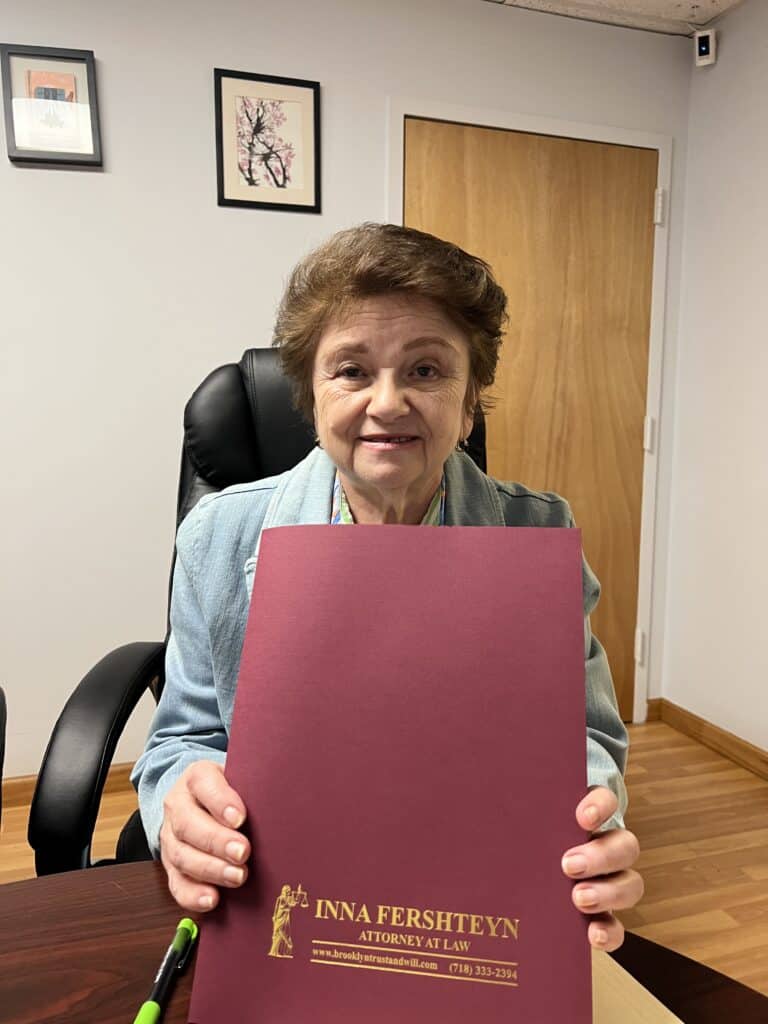Essential Estate Planning Guide for Veterans: Strategies, Tips & Benefits
When we picture veterans, we often think of the courageous acts and heroic sacrifices made to protect our country. These brave individuals have defended our freedom while facing countless challenges while serving our country. Unfortunately, oftentimes their selfless acts lead them to forget about themselves. In our case, veterans often forget to create a well thought out estate plan and inform themselves of veteran benefits they may have access to. Anyone, including active military personnel, should consider estate planning in order to ensure their loved ones are well taken care of in the event of their passing. In this article, the trust and estate planning office will cover some crucial estate planning strategies for veterans as well as the benefits veterans may be entitled to unknowingly.

A Guide to Estate Planning For Veterans
Write a will- A will is a legal document which outlines the desires of the testator, or the individual writing the will, and ensures that their assets are distributed accordingly after death. A will is an essential aspect of your estate plan to ensure that your assets will be distributed to the proper beneficiaries. In addition to outlining your asset distribution plan, a will also allows you to name guardians for minors in the event of your death as well as designate an executor, who will ensure that your will is carried out. A will only takes effect after your death.
Establish power of attorney- Your power of attorney is a legal document which designates an individual to make decisions on your behalf in the event that you are incapable of doing so. Unlike a will, your power of attorney is effective during your lifetime. If at any point you are incapable of making decisions or managing your affairs on your own, your power of attorney will do it for you. With the risks of military service, establishing a power of attorney can be extremely beneficial in the event that you become incapacitated.
Create trusts- Creating a trust is a beneficial way to protect and manage your assets. A trust is an entity that specifies who will receive your assets and how you want them handled in the event of incapacitation. Unlike a will, a trust takes effect while you are alive. A trust also skips probate court, a process intended to settle a deceased individual's estate plan, and minimizes taxes, which makes it an efficient way to protect your assets.
Purchase life insurance- As a veteran, you may be eligible for life insurance benefits. Programs including SGLI, a program providing life insurance coverage for active military, and TSGLI, a program providing coverage for family members of active military, provide life insurance for veterans and their families.
Healthcare directives- An advanced healthcare directive is a legal document which outlines your medical wishes in the event that you become incapacitated. Writing a healthcare directive can designate an individual to make medical decisions on your behalf if you are incapable of doing so. Additionally, it is beneficial to state your medical preferences such as your preferences on pain relief, resuscitation, life sustaining treatment, organ donation, mechanical ventilation, etc. to guide your family and medical professionals in making healthcare decisions.
Understanding Benefits For Veterans
- Social Security Survivors Benefit- You may be eligible for payments from social security if your spouse dies. If your spouse was of retirement age, you may receive 100% of their benefits, however the amount is less if the late spouse is under the retirement age.
- Improved Pension through the Department of Veterans Affairs- This benefit is a way for caregivers of veterans to receive payments from the Department of Veterans Affairs (VA) for looking after them. These caregivers can be friends or family, however spouses are not eligible for payment.
- PACT Act- The Promise to Address Comprehensive Toxins Act was created to extend VA healthcare eligibility to veterans with toxic exposure. It also requires the VA to provide toxic exposure screenings for all veterans.
- Healthcare benefits- Multiple healthcare programs are in place to assist with healthcare expenses for veterans and their families. For example, TRICARE offers several types of coverage including health insurance for active duty families, National Guardsmen and their families as well as retired military personnel. Other programs include CHAMPVA, which shares the cost of medical care with the VA and eligible individuals, as well as PCAFC, a program which allows family or friends to receive payment for providing care to an eligible veteran. These programs are in place to assist former or current military members and their families with finances.
- Life insurance programs- Multiple life insurance policies exist for veterans which cover not only active military, but their family members as well. SGLI is a low cost life insurance policy for service members, including active military personnel. FSGLI is a similar program but covers family members of active service members.
- Burial benefits- In the event of the death of a veteran, free of charge burial services and grave markers are provided in a national cemetery. If family members decide on an alternative location of burial, there are limitations on financial assistance from the government.
Estate planning for veterans is not only necessary, but is also a powerful way to honor their service and protect their loved ones. By creating an adequate estate plan, veterans can ensure that their assets are protected and their family is provided for in the event of their passing. From creating trusts to learning about the unique benefits offered to veterans, there are numerous strategies to help veterans plan their estate. The process may be overwhelming, which is why hiring an experienced estate planning attorney can provide you with peace of mind during this process. For all your estate planning needs, contact the Trust and Estate Planning Office at (718) 333–2395.












